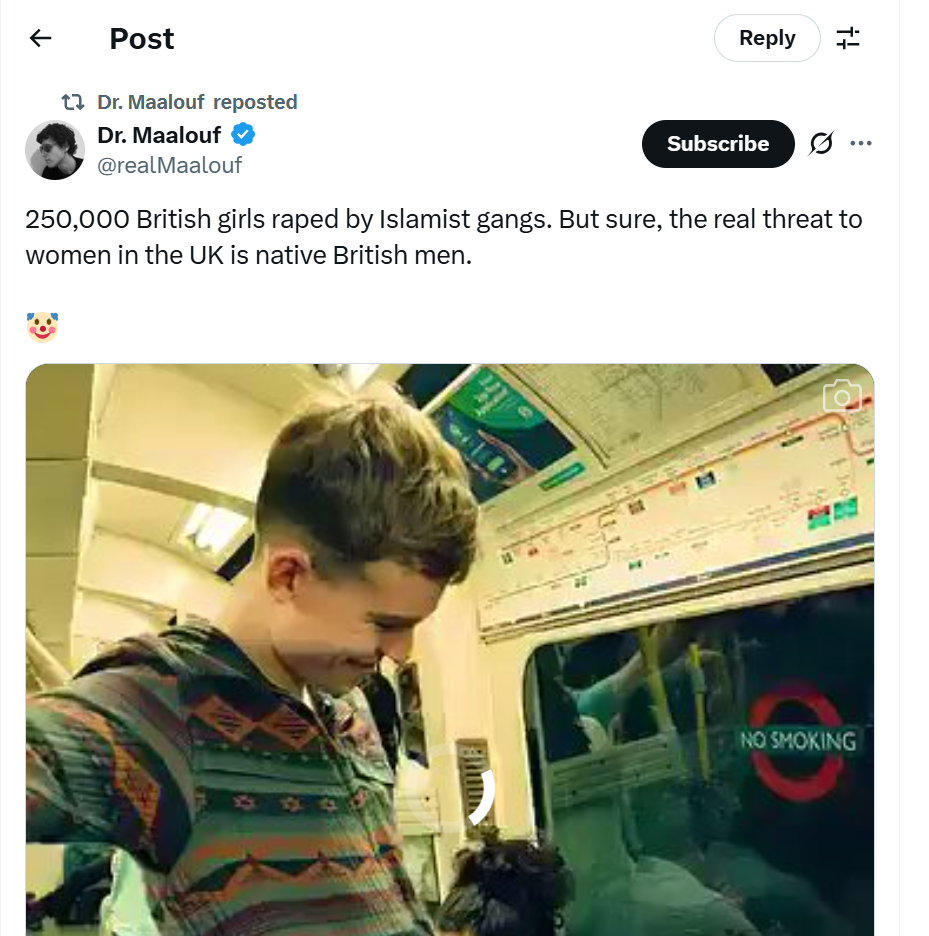
That said, incidents like those in Rotherham, where around 1,400 girls were abused over a period of years, confirm that grooming gangs have operated in certain areas and that some of the perpetrators were of Pakistani heritage. These cases reveal serious institutional failures by police and social services, who at times hesitated to act for fear of being perceived as racist. While acknowledging the ethnic background of some offenders is a necessary part of understanding the problem, it is equally critical to note that sexual exploitation is not confined to any one group. Perpetrators come from a variety of ethnic, religious, and social backgrounds, and focusing too narrowly can obscure broader patterns and fail to protect victims.
 Overemphasis on the ethnicity or religion of perpetrators risks fueling Islamophobia and stoking community tensions, which can hinder rather than help efforts to tackle exploitation. The real priority should be ensuring robust child protection measures, proper law enforcement responses, and support for survivors, regardless of the identity of the offenders. A balanced, evidence-based approach is essential to addressing the problem effectively while avoiding harmful generalizations that unfairly stigmatize entire communities.
Overemphasis on the ethnicity or religion of perpetrators risks fueling Islamophobia and stoking community tensions, which can hinder rather than help efforts to tackle exploitation. The real priority should be ensuring robust child protection measures, proper law enforcement responses, and support for survivors, regardless of the identity of the offenders. A balanced, evidence-based approach is essential to addressing the problem effectively while avoiding harmful generalizations that unfairly stigmatize entire communities.




 click and follow Indiaherald WhatsApp channel
click and follow Indiaherald WhatsApp channel